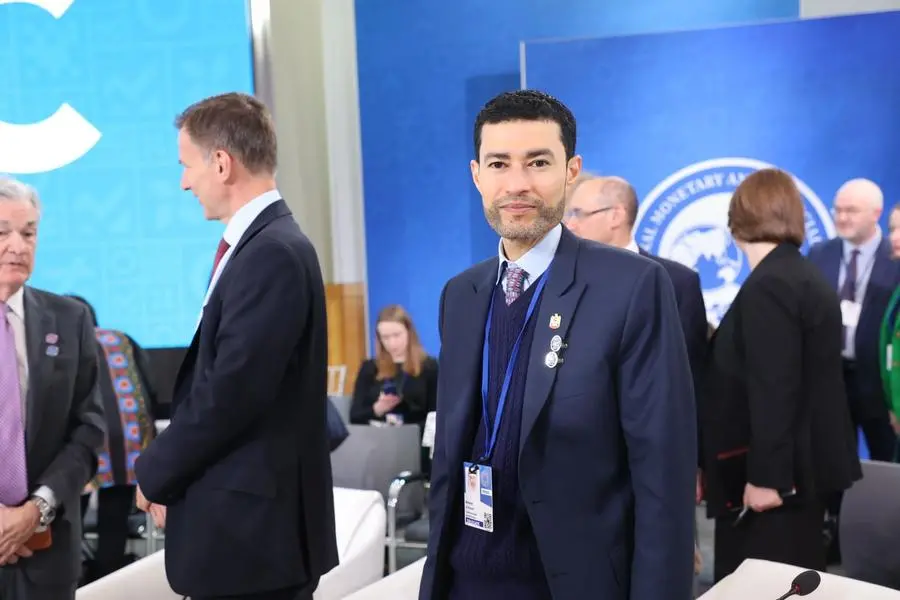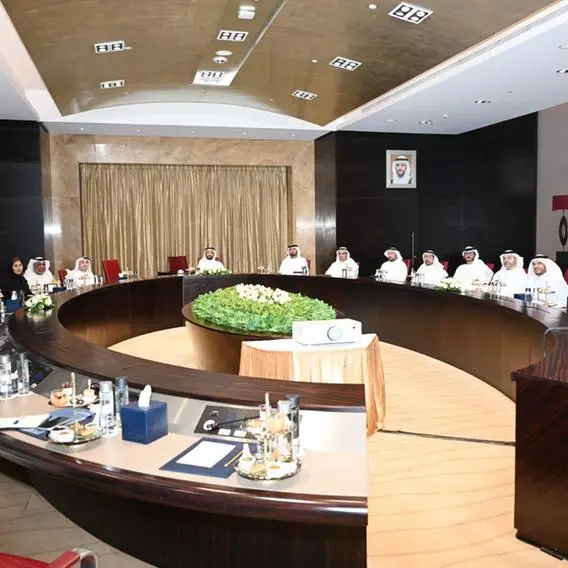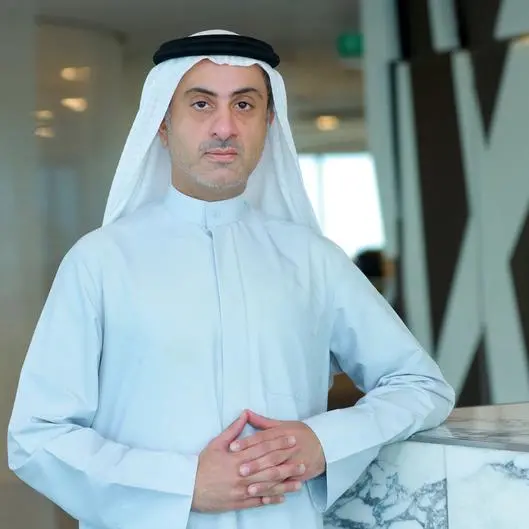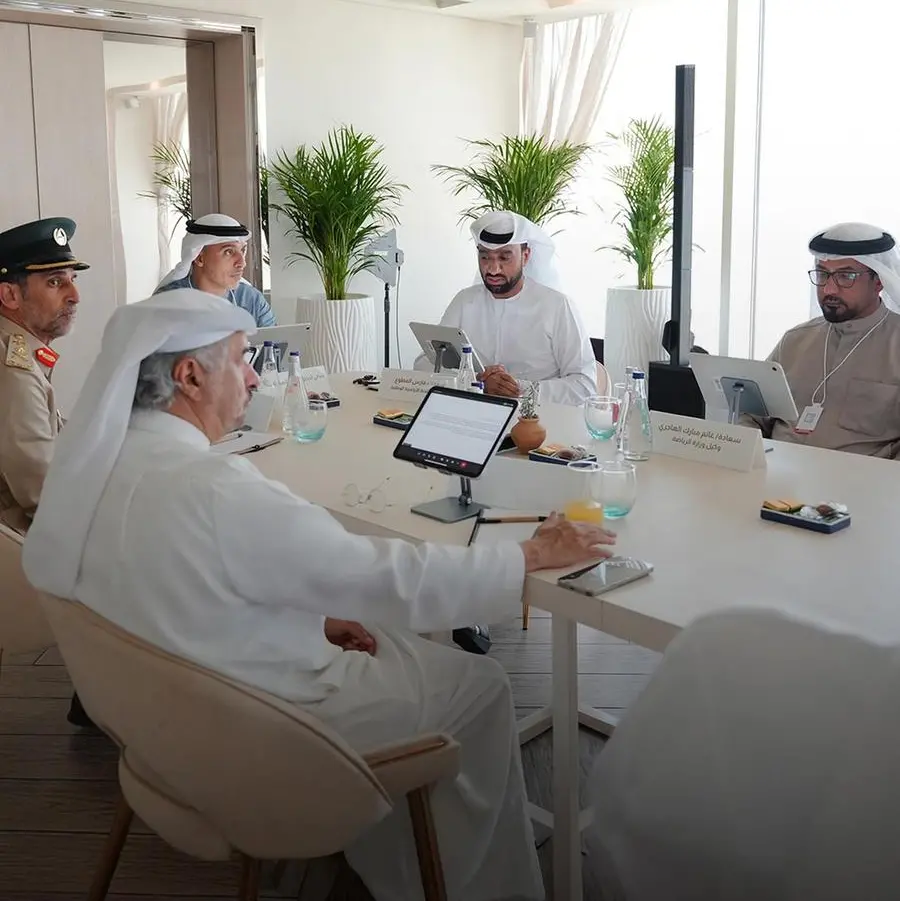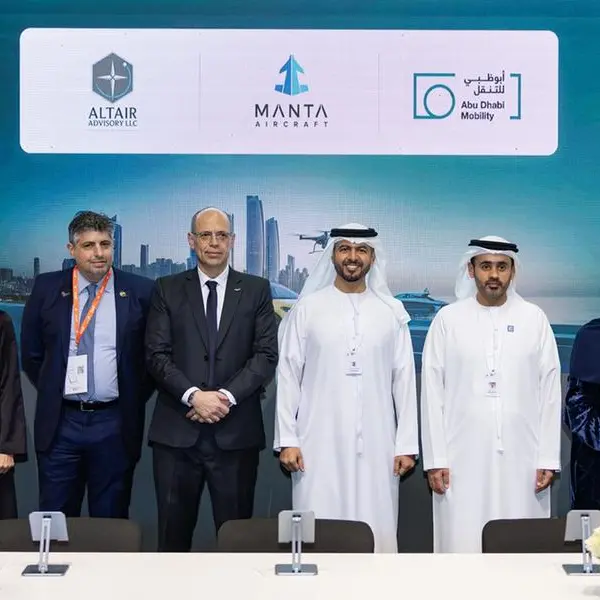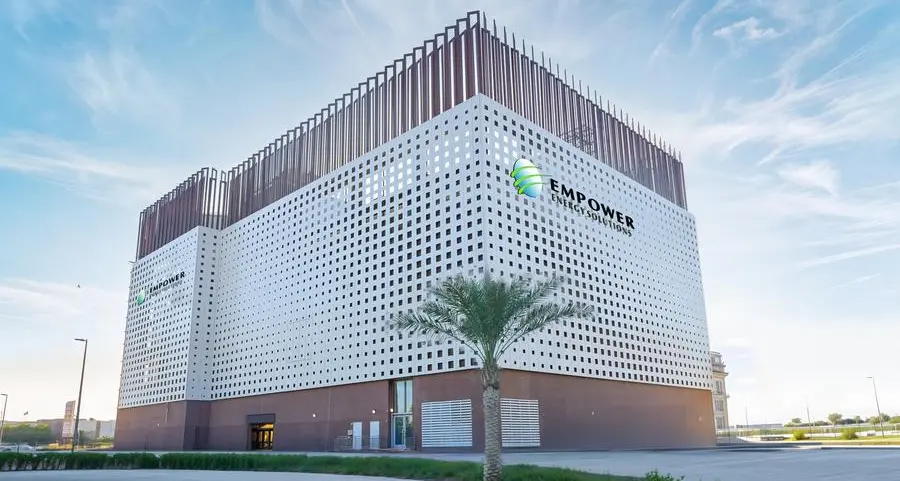PHOTO
- Mohamed Al Hussaini: We stress the significance of continuous work and constructive coordination with the committee members to achieve economic stability, support low-income countries, maintain growth and prosperity and enhance future readiness
- Mohamed Al Hussaini: The IMF’s role in sustaining and supporting the global recovery is paramount
- The meeting discussed the latest developments in the global monetary and financial system, global policies and issues, and ways to achieve stability and global economic recovery
Washington: The United Arab Emirates, represented by the Ministry of Finance, participated in the International Monetary and Financial Committee (IMFC) meeting, , which was held on the sidelines of the 2023 Spring Meetings of the World Bank Group (WBG) and the International Monetary Fund (IMF) in Washington, DC from the 10 to 16 April. The meeting discussed the latest developments in the international monetary and financial system, and ways to achieve stability and global economic recovery.
His Excellency Mohamed Bin Hadi Al Hussaini, Minister of State for Financial Affairs, lead the UAE delegation participating in the IMF’s IMFC meeting. Ms. Kristalina Georgieva, Managing Director of the IMF attended the meeting, alongside a number of finance ministers from the IMFC member states. Ms. Nadia Calviño, Spain’s First Vice President and Minister for Economy and Digitalization chaired the session.
His Excellency Al Hussaini thanked Ms. Kristalina Georgieva and stressed on the significance of continuous work and constructive coordination with the committee members to achieve economic stability, support low-income countries, maintain growth and prosperity and enhance future readiness. His Excellency said: “The current juncture is difficult for policymakers across the world, as they find themselves faced with significant headwinds. In an environment where public debt is notably high, inflation remains elevated, fiscal space is limited, and monetary policy is rapidly tightening, the post-pandemic recovery is at jeopardy. This is particularly concerning for emerging market and developing economies (EMDEs), including low and middle-income countries.”
His Excellency noted that the IMF’s role in sustaining and supporting the global recovery is paramount, and can be effective through tailored policy advice, flexible financing mechanisms, and enhanced capacity development. His Excellency added: “We believe that expanding accessibility to the Fund’s enhanced lending toolkit, including increased access limits, access to the food shock window, and new policy for lending under exceptional uncertainty, can be pivotal in assisting the membership. We also commend the efforts to accelerate the implementation of the common framework.”
His Excellency Al Hussaini pointed out that the Resilience and Sustainability Trust (RST) can cover challenges affecting EMDEs, such as climate change and the repercussions of the COVID-19 pandemic, as well as enhancing pandemic preparedness. His Excellency also reiterated the significance of enhancing private sector participation.
His Excellency concluded his speech by saying that the IMF needs to be strong, quota-based, and adequately resourced to be able to carry out the important tasks that are required from it, especially in the current difficult global environment. His Excellency stated: "A timely and successful completion of the 16th General Review of Quotas is essential. This is critical to ensure the IMF’s efficacy and efficiency."
-Ends-
For more information, please contact:
Mary Khamasmieh
Weber Shandwick
E: mkhamasmieh@webershandwick.com
Rawad Khattar
Weber Shandwick
E: RKhattar@webershandwick.com
Sara Abuhassira Amani El Achkar
Weber Shandwick Weber Shandwick
E: SAbuhassira@webershandwick.com E: AElAchkar@webershandwick.com
